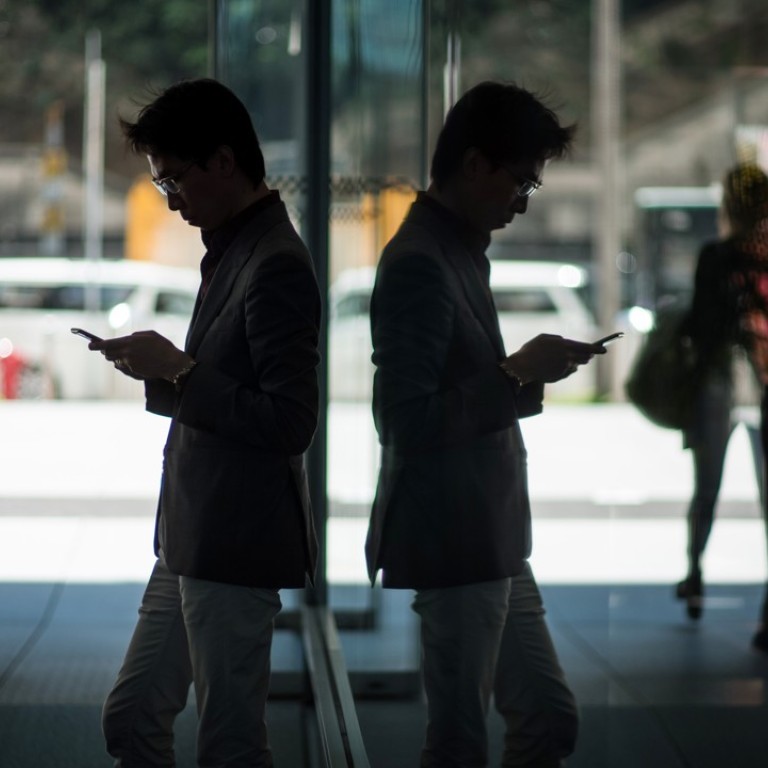
Cryptocurrencies and blockchain are not the road to riches for all
Andrew Sheng says this much-hyped technology has so far failed to earn the trust that enables financial transactions in the real world, especially when the total security it promises has already been compromised by hacks and fraud
Technology has created lots of jargon that most of us don’t understand. Most of us have mental blocks against new things that we don’t understand. Some people are born clever. Some become clever through hard work. But many appear clever by using jargon others don’t understand.
Do we have a mental block when it comes to blockchain?
Most brilliant ideas are actually very simple. But experts exist to make life very complicated – otherwise there is no need for experts. You consult a lawyer because he or she can simplify your life but make life very complicated for everyone else, for a fee.
The revolutionary idea behind blockchain is that we do not need the present system where everything must go through a top-down node that knows everything about us. The internet changed everything because it claims that you can remove every middle man.
We need banks because we trust them more than other parties we do not know. We pay the bank to pay our bills, and the bank transfers the money to the other party’s bank through the central bank’s books (because they trust the central bank more than each other).

In the same way, we trust the state because the government protects us from criminals, provide us with education, medical services and retirement benefits. For that, we pay taxes and we accept the right of the state to have a monopoly over the issue of fiat money.
The internet changed the game because everyone with a smart device (phone, personal computer, or TV) can engage in peer-to-peer (P2P) direct transactions with each other, without an intermediary. The old joke was that, on the internet, no one knows you are a dog. The reality is that Google, the state or any hacker knows you are not a dog because they monitor your activities on the web.

Of course, P2P transactions thrive because there has always been a dark side of the internet, where people want to avoid taxation, regulatory oversight or just to keep things more private.
Governments legitimately need to monitor the internet because it can be used to fund illicit activities, such as tax evasion, money laundering and terrorists. Cybercrime is rising every day and someone needs to protect the innocent from such public bad.
What blockchain promises is a “trust protocol”, which is a technology that is impervious to hacking and improves security. Blockchain works on the cloud (private network of computers) and verifies and approves each transaction as it moves from one ledger (block) to another along the chain of distributed ledgers (hence blockchain). Because the system checks and stores the transaction within each chain, it is very difficult to hack part of the chain without knowing the encryption key at each part of the chain.
If you believe the hype, blockchain technology can “reinvent financial services”, “improve economic inclusion and entrepreneurship”, “rebuild government and democracy” and even “free” culture, according to Don Tapscott and Alex Tapscott’s Blockchain Revolution.
Since the mysterious Satoshi Nakamoto unveiled bitcoin, a cryptocurrency using blockchain technology, in 2008, there has been an explosion of interest, adoption and issue of initial coin offerings (ICOs) that so far has created cryptocurrencies valued at up to US$600 billion.
Watch: What are cryptocurrencies?
Now that the cybercurrency market has reached this scale, central bankers and financial regulators have finally woken up to both the potential of this new technology and its threats.
The empire has struck back. Of course, distributed ledger technology is being gradually used for improving security of existing bank and exchange businesses. But the hype over blockchain technology being the transformer of whole industries and the economy is just snake oil.
Investors in cryptocurrencies should realise that, once the regulators start banning and inspecting these ICOs and cryptocurrency operations, they will find fraud, losses and manipulations that ultimately will lead to tears. Trust in blockchain, as in anything else, needs to be earned, not created through hype.
We believe in human creativity, but only blockheads believe that blockchains will be the road to riches for all. Buyers beware.
Andrew Sheng writes on global issues from an Asian perspective

